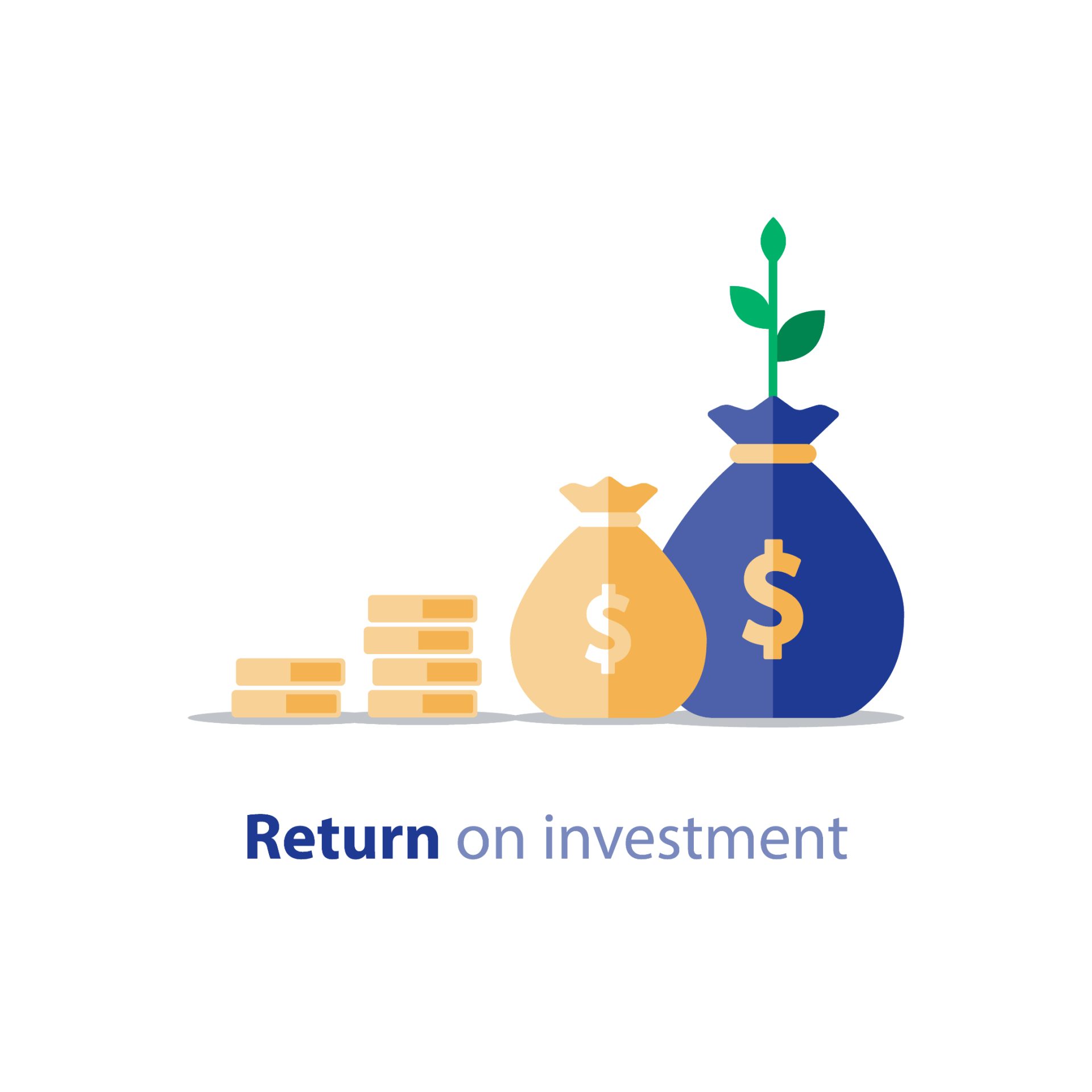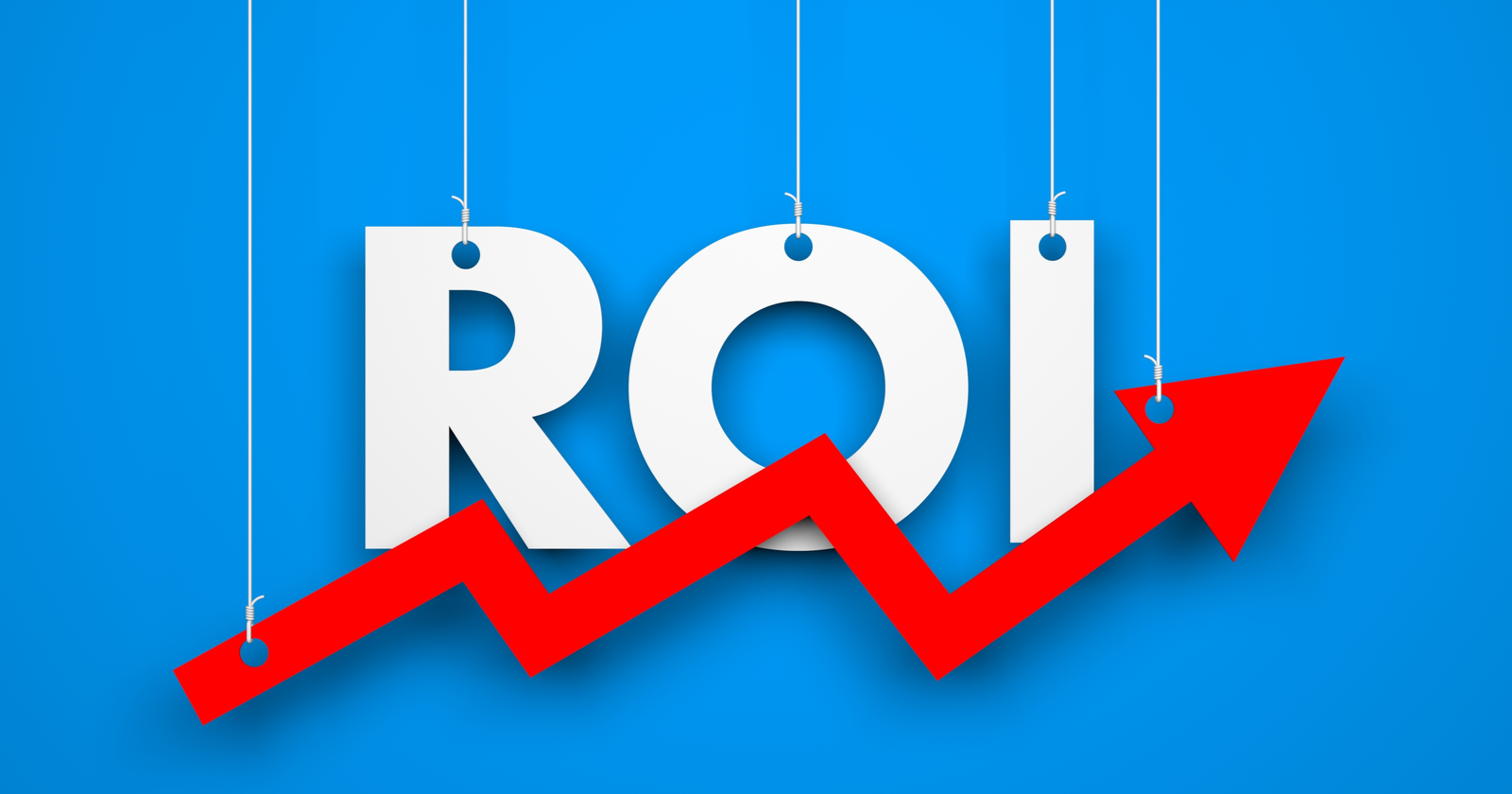Table of Content
▲Return on Investment, commonly known as ROI, is a metric that you may use to gauge the amount of money you have generated from your investment in real estate over time. This easy-to-use strategy gives you a better notion of the value of your home, the direction of the market, and the kinds of financial commitments you want to be making to steer clear of problems. Learn more about ROI in the real estate sector, as well as how to use it, by reading the sections below.
Importance of ROI in the Real Estate Sector
 Return on Investment, or ROI, is a word that is frequently used in the marketing industry today. Any real estate investment must consider return on investment (ROI). Aside from providing the basic requirement for a roof over your head to live a good life, finding ways to gradually double or triple your wealth with the aid of a real estate investment made years or decades earlier is another crucial aspect of any property investment.
This calls for carefully choosing a property after weighing its benefits and drawbacks. Once it is completed, it should eventually be able to produce a sizable amount of income. Making a selection when you are about to start such a financially demanding endeavor is never easy. A statistic like Return on Investment may be useful to guide your decision. ROI is a helpful indication because it enables you to predict the amount of money that will be recovered through ensuing earnings after subtracting connected costs.
Return on Investment, or ROI, is a word that is frequently used in the marketing industry today. Any real estate investment must consider return on investment (ROI). Aside from providing the basic requirement for a roof over your head to live a good life, finding ways to gradually double or triple your wealth with the aid of a real estate investment made years or decades earlier is another crucial aspect of any property investment.
This calls for carefully choosing a property after weighing its benefits and drawbacks. Once it is completed, it should eventually be able to produce a sizable amount of income. Making a selection when you are about to start such a financially demanding endeavor is never easy. A statistic like Return on Investment may be useful to guide your decision. ROI is a helpful indication because it enables you to predict the amount of money that will be recovered through ensuing earnings after subtracting connected costs.
ROI Calculators
Let us assure you that employing a ROI calculator will help you simply determine how to receive the greatest price for your real estate investment. You don't need to buy any specialized hardware, physical or digital, for this. On the internet, there are a lot of free resources that can assist you get a general notion of the profits you're going to make. You may view the overall return on investment with the ROI Calculator tool. It displays the investment's absolute return, annual return, and compound annual growth rate (CAGR).Method in Which ROI Calculators Work
An absolute return on investment and an annualized return on investment are the two different types of returns. A straightforward formula can be used to calculate an absolute return. This is what it is: Investment end value minus investment beginning value and investment beginning value. The return can be converted to a percentage by multiplying it by 100. The process is comparable to how you as students learned about profit and loss. For instance: The absolute return will be as follows if the initial investment was Rs. 10,000 and has increased to Rs. 20,000: 20000-10000/10000 = 100%.An annualised return can be calculated in the following manner:
End value = beginning value / (1/holding term of the investment) *100*. For instance, suppose you spent Rs. 30 lakh on a home in 2015 and Rs. 50 lakh on its sale in 2020. The holding period is five years because you held the invested property throughout that time. This means that the formula for return on investment will be 50,000,000- 30,000,000/30,00,000,000 *100* (1/5) 13.33% is the annualized return, or we can round it to the next point decimal and say 13%.Data to Keep in Mind at the Time of Calculation
-
Price with which the property was purchased
-
The loan amount
-
The terms as laid down in the agreement document
-
The rate of capital appreciation
-
Annual inflation
-
The additional income generated from the investment property such as rental income
FAQs
Q. What are the acquisition costs I need to consider for calculating Return on Investment?
The acquisition costs incurred at the time of property purchase are brokerage costs, stamp duty and registration costs, property price and the loan interest component
Q. What are the operational costs I need to consider while calculating Return on Investment?
The operational costs are basically the costs that you bore at the time of maintaining or owning the property. These include property taxes, repair costs and maintenance charges.
Q. What are the costs I need to factor in when calculating Return on Investment at the time of property selling?
The elements you need to factor in at the time of selling your property are advertising costs and brokerage costs.
Q. What is considered a reasonable timeline to calculate Return on Investment?
Experts believe that to generate a decent amount of profits, the ideal ROI period is anywhere between 3- 5 years for your invested property.
Q. What does a negative Return on Investment signify?
In the world of real estate, a negative Return on investment means that your investment property failed to generate satisfactory profits resulting in a loss. This means you spent more at the time of purchase as well as during the holding period for maintenance and repairs than you made at the time of selling your property.
Also Read: 8 important documents that need to be in your home buying process






_1752219110.webp)


_1771582392.webp)
_1771577585.webp)